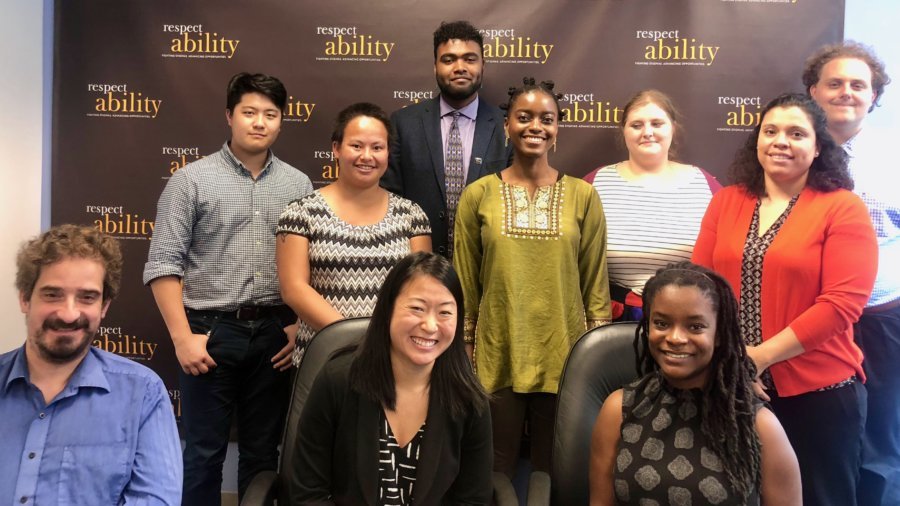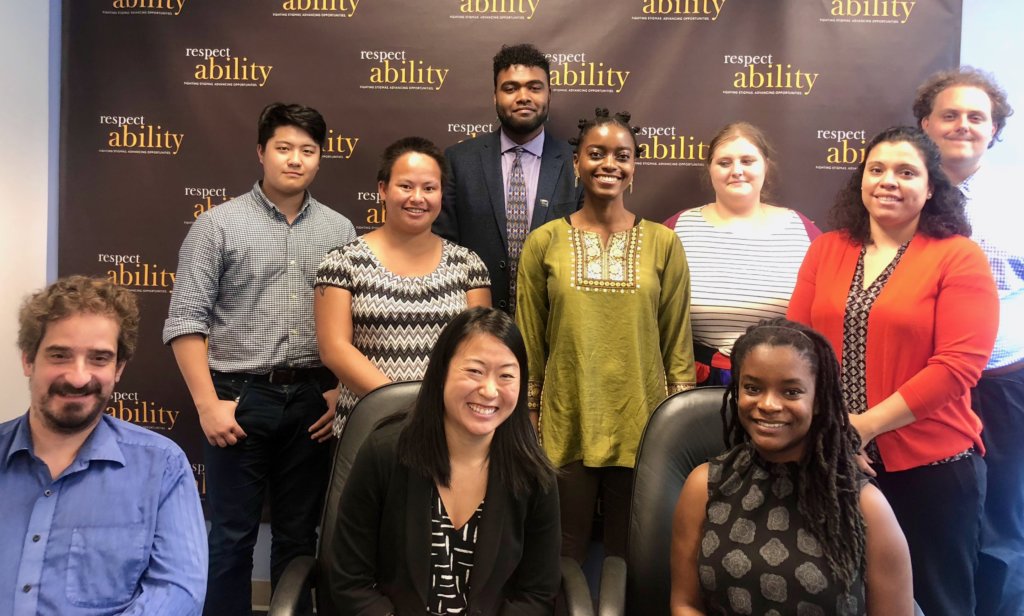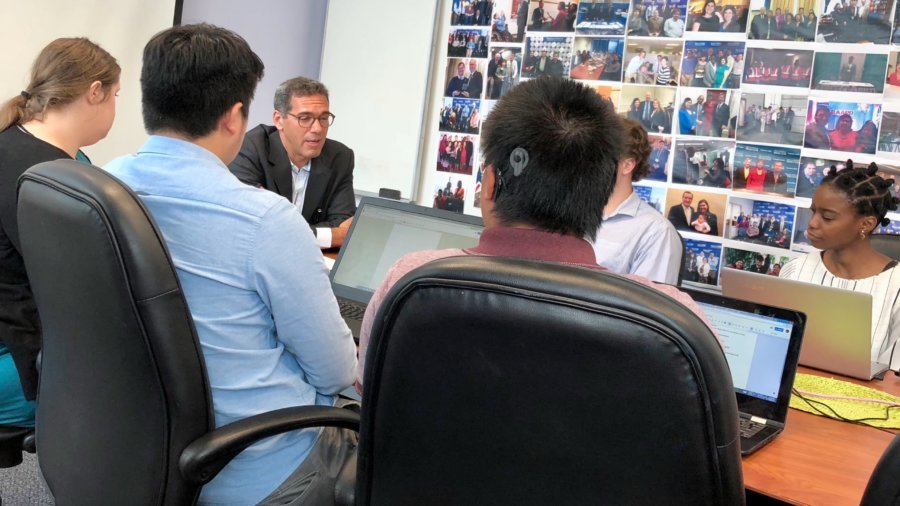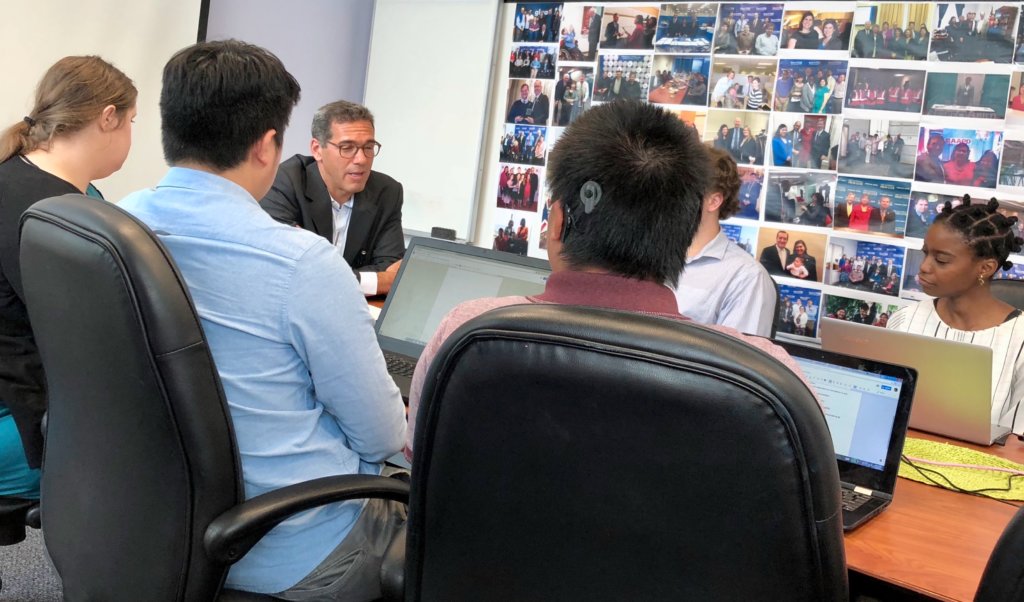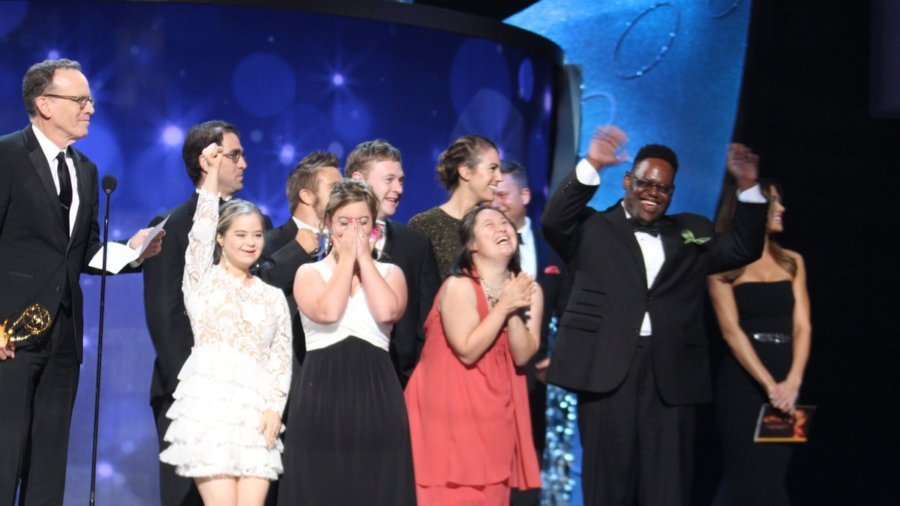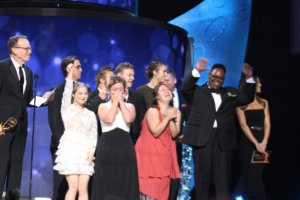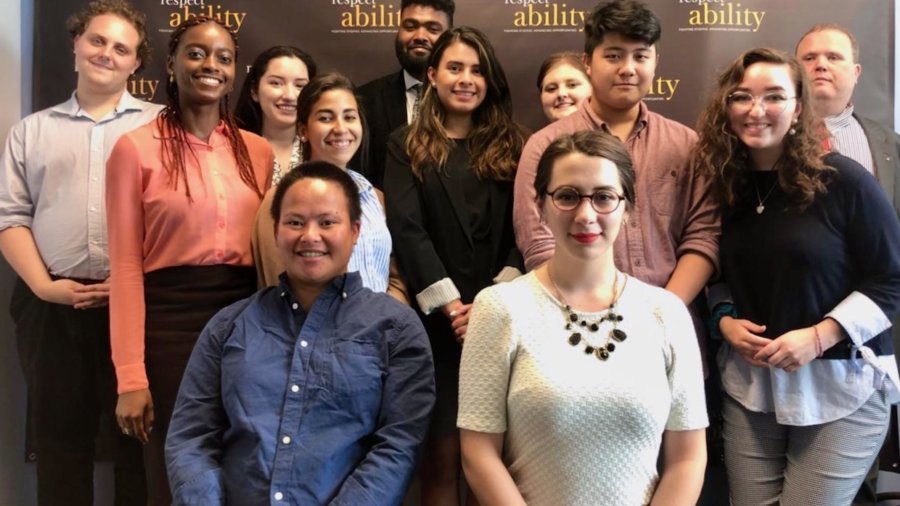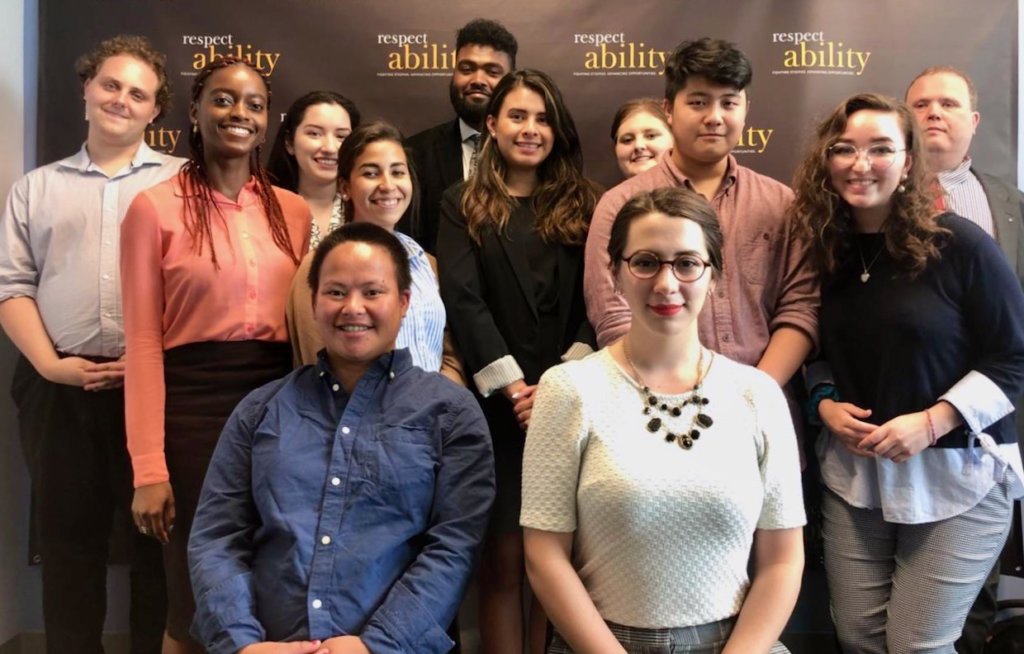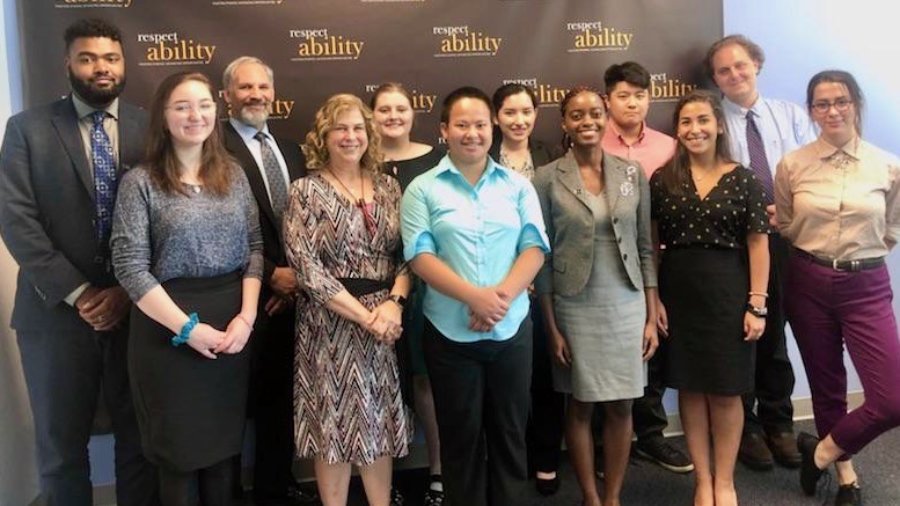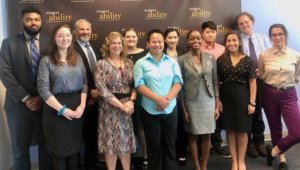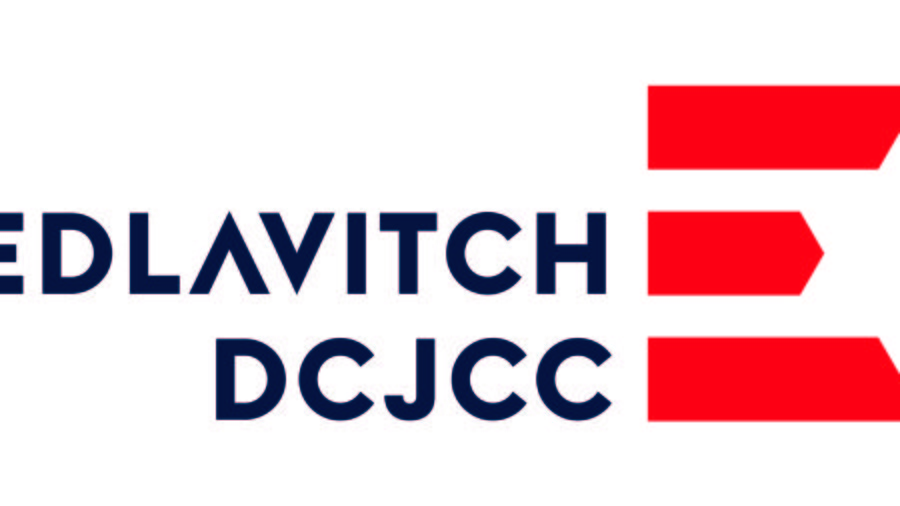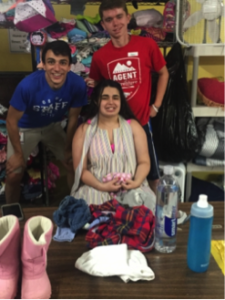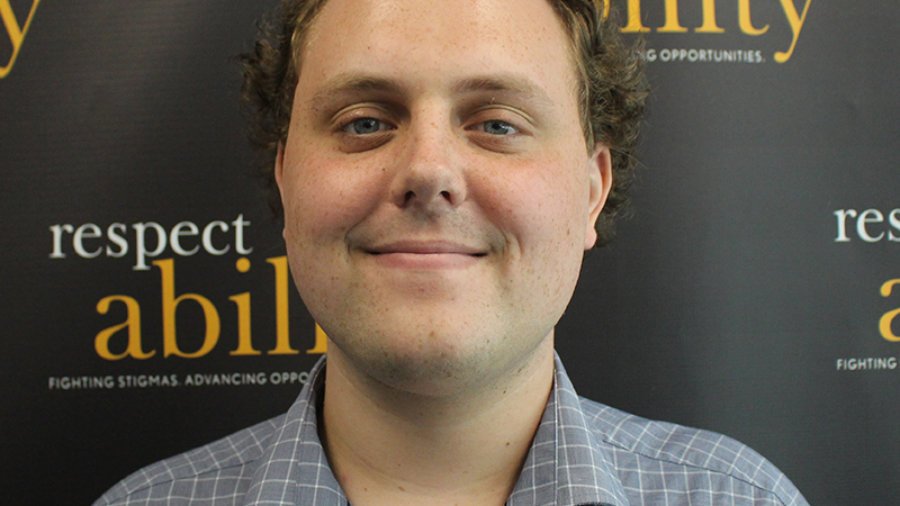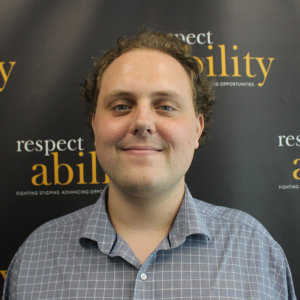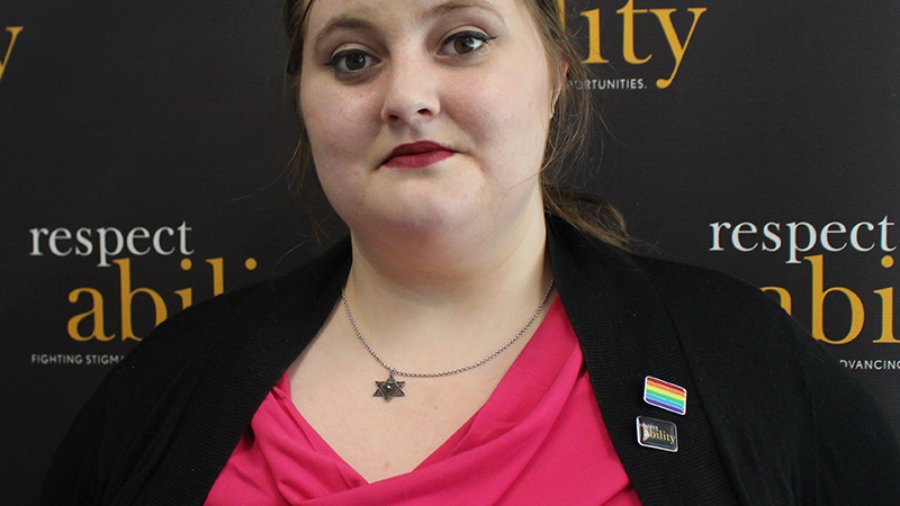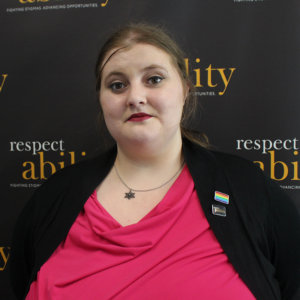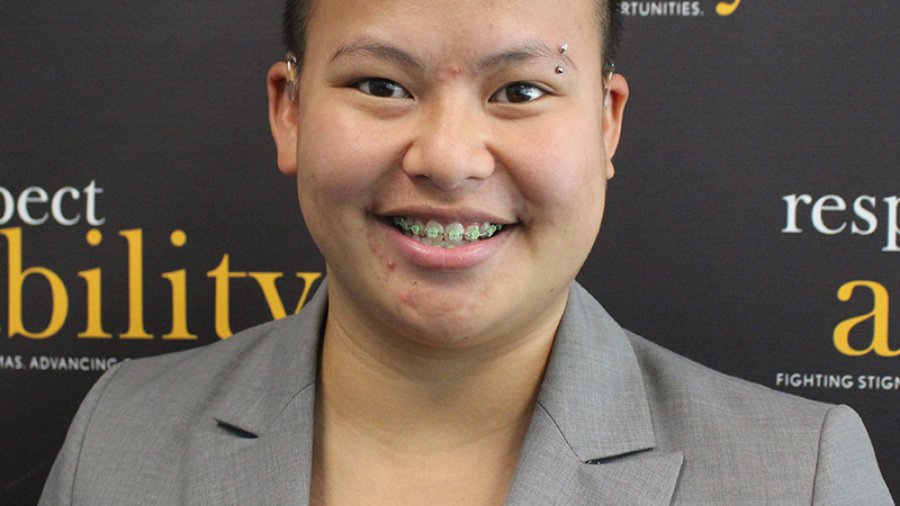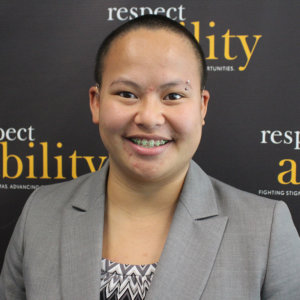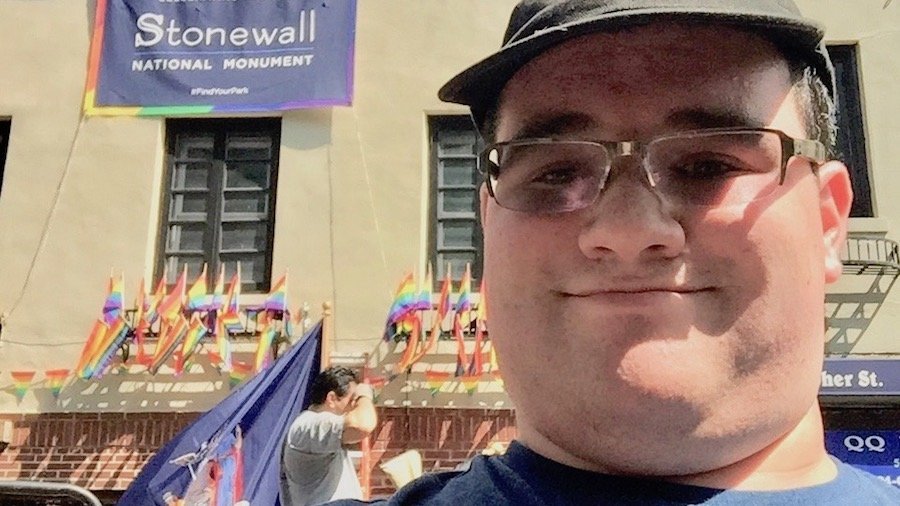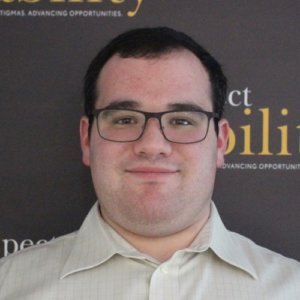Rockville, Md., July 26 – Doreen Thomas, the Assistant Manager of the Internship Program at The T. Howard Foundation, a nonprofit organization located in Silver Spring, MD, spoke to the RespectAbility Fellows about how the foundation promotes diversity in media and entertainment industries by showing that “difference” empowers.
Through comprehensive programs for diverse, underrepresented and underserved college students, the T. Howard Foundation promotes diversity in media and entertainment by increasing the number of diverse and underrepresented communities within the industry. In 2014, the T. Howard Foundation had a record-breaking 97 minority students interning at 34 media companies across the country. The Foundation’s internship program gives interns industry knowledge, professional development, and makes them aware of career opportunities within the industry. [continue reading…]


